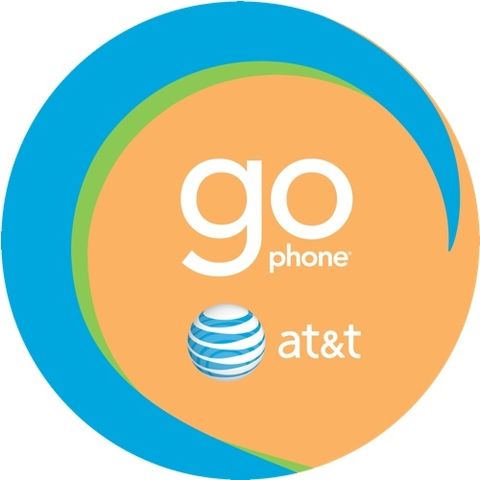Prepaid plans through the Big Four’s wireless networks tend to be a bit more expensive than prepaid wireless plans available through mobile virtual network operators (MVNOs). However, they come with the security of operating through the company that actually owns the network it uses. AT&T is on the expensive side, but its 8GB data plan, when combined with the autopay discount, is a great bargain.
AT&T has a solid national network. It isn’t the fastest, biggest or most reliable on a national scale, but it’s not far off. We recommend researching which networks perform well in your area, both by checking coverage maps and network performance maps. Unlike with Cricket, an MVNO owned by AT&T, the company’s own prepaid plans do not face the data speed caps, so you can expect the same quality of service that you would on a traditional postpaid plan.
AT&T prepaid does not have the best option for unlimited data. If you are currently on an AT&T postpaid unlimited plan, the prepaid version can save you a bit of money if you don’t use the postpaid’s extra perks, such as the DirecTV discount or free HBO. For an individual, AT&T’s top-tier prepaid unlimited plan is $5 cheaper than the postpaid Unlimited Plus Enhanced version and has the same 22GB data cap, but it includes less hotspot data. Adding more lines, the prepaid unlimited is more expensive for a family of four than the postpaid plan.
The $50 plan costs $40 with the autopay and paperless billing discount and comes with 8GB of data, hotspot tethering, HD streaming and talk and text to/from Mexico and Canada. Similarly-priced plans from both Sprint Forward and T-Mobile’s prepaid division offer 4 GB. This is a good plan if you use a lot of data but don’t quite need unlimited. If you use less data, your only choice is a 1GB plan , though you can add extra data for $10 a GB if you run out mid-cycle. Data also carries over to the next billing cycle. For non-data users, you can either pay a $30 monthly fee for unlimited talk and text, or pay as you go, which charges a flat $2 for each day you use your phone (talk and text are unlimited on this plan as well).
AT&T’s dedicated prepaid phone offerings are lackluster, but you can bring your own phone to a prepaid plan if it’s compatible with the network, and you may need to pay for a new SIM card. If you want to use your phone for international calls beyond Canada and Mexico, AT&T doesn’t offer an international package, but you can get discounted per-minute rates.
AT&T has one very good budget plan that offers a generous helping of high-speed data, hotspot tethering, an autopay discount and next cycle carryover. It’s worth considering if you’re currently on an AT&T limited plan and want to save money.


